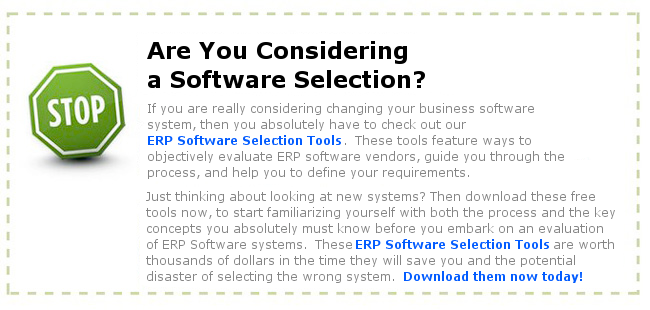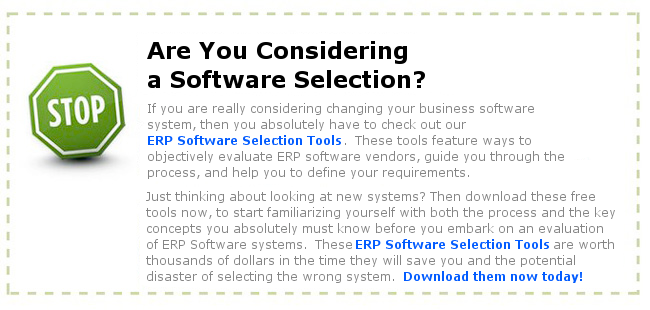Here is an interesting comparison between the two leaders in the ERP space, SAP vs. Oracle. This is a hotly contested debate between the two giants in Enterprise Resource Planning Software. A company that is considering moving to an ERP will likely have one or both competing for their business.
They have distinctly different approaches to both the software business and to their software architecture. Once only for the Fortune 500, the mid-sized marketplace is looking more frequently at these software offerings. This is due to the consolidation of ERP software offerings, post 9/11, and due to the increased focus that SAP and Oracle have placed on this mid-market space.
SAP vs. Oracle
Alisher Muhammadiev
Both ERP rivals Oracle and SAP are different as their products
Enterprise Resource Planning system was designed and implemented in more than 20 different industries and all ERP companies together generate every year a $60 billion dollars profit on the global market. The biggest part of this pie is shared by two software giants Oracle and SAP. Although they compete on the same market and target their products for common industries, they have very distinguished strategies, corporate culture and distinctive offers.
Information Technology has become an important part of any current business. The Enterprise Resource Planning system is a software package that was specially designed to help companies to run their businesses better. It consists of many modules. Each of the modules is used at different departments within one corporation. All those modules are interconnected with each other in one coherent system. According to the common definition of ERP – it is a system that processes all transactions in an organization and facilitates the planning, production and customer responses. It represents the companys culture. Moreover it can be thought of as the companys backbone coded into the software. That is why the ERP is so important and at the same time very expensive. Depending on the size of the project some companies spends from $2 to $130 million dollars for ERP implementation. Building an ERP package requires a lot of time and resources. ERP vendors develop, supply, and implement the ERP system as package software for enterprises. Some companies are loyal to one vendor and use all modules from same vendor. Others decide to mix together compatible modules from different vendors. This approach is called a best of breed system. When the vendors product is built in-house all work including software development, implementation, customers support and training are done by the vendor alone with no help from the outside or from outsourcing.
The world second-largest software supplier Oracle was founded in 1977 in the United States and by 1999 the company was serving 5000 clients in over 140 countries. Oracle is well known for their database systems rather than enterprise resource planning system. It is rating as the second ERP package vendor after SAP on the ERP market. Oracle has a reputation as a company with strong software support, a large financial budget and stable position among the competitors. At the same time the corporate culture of Oracle is conservative on benefits from revenues. Which causes such problems as inflexibility and slow implementation of their ERP products. In other words, the company lacks partners and consultants for technical expertise.
Hence the main player on ERP market is the German company SAP (Systems, Application, and Products in Data processing) which was founded in 1972. It was the first time in software history that a company outside of the United States had gained such success. In 1999 SAP had more than twice as many customers as Oracle in 100 countries around the world. Unlike Oracle, SAP decided to work in close collaboration with many other companies. The companys success derives from the fact that SAP invests 20 percent of the profit on research and shares 80 percent of the total revenues with their alliance partners. Moreover, SAP has many consultants who provide help and training to their customers. And there are even third party developers who supply a large number of add-in programs that can work together with SAPs products. As a result, customers enjoy more flexible and fast implementation of their ERP systems. There is no doubt about why SAP became a leader.
| SAP and Oracle Training – Get the training you need to be certified or perform at a higher level. ERPandMore.com offers top ERP training. Click here for more information. |
Because Oracle products are built in-house in contrast to SAPs solutions they are based on one database system. Oracle became popular as a manufacturer of developing products that can be easily integrated with other models from other vendors, enabling them to build a best of breed system. The ERP packages from Oracle are based on three main parts: Supply, Demand and Finance with several included modules. Oracle offers a strong enterprise system that is able to accommodate more than 1000 users whereas the ERP package from SAP can be scaled from 25 to 1000 users. Such scalability is possible because of the high granularity of the SAP modules. The downside of the SAPs ERP systems is that the SAP vendor forces its customers to change or adapt their corporate culture to match how SAP software works. However as SAP as Oracle, both provide incredible enterprise resource planning systems which help many companies to operate more efficiently and more effectively these days.
Both vendors offer great ERP packages but choosing the right package among both is not an easy job. For SAP, being a leader on the market it does not always mean that SAP can offer the right software that customers want to have; and Oracle can appear as a good alternative for this case. If the company is limited in resources and restrained in time the best solution would be to go for SAP products. However the company with distinguished values which creates a competitive advantage would prefer to choose the Oracle to build a unique system that will fit well to their businesses. The lesson is that before moving to ERP the senior manager needs to balance all constraints and needs for the companys future.
Alisher Muhammadiev Hanyang University, Seoul, South Korea tel: +82-10-2304-0074 email: so***@*********ac.kr web site: http://puzzleservice.com
sap vs. oracle




